John Rawls's masterpiece A Theory of Justice was discussed all over the world already during the author's lifetime. Its very title is provocative since it is generally believed that there can be no general theory of justice: what is just for one man is unjust for another. But Rawls succeeds nonetheless in giving a definition of a just society. To do this he develops a brilliant procedure: choice from behind a "veil of ignorance". If we are to choose, absolutely fairly and objectively, how property, income and education are to be justly distributed, then the people choosing must not know in advance whether, in the society they choose, they will be rich or poor, male or female, worker or employer, educated or uneducated, talented or untalented. Because a rich man is likely to find great differences in wealth just, a poor man unjust. Only a "veil of ignorance", says Rawls, "forces each to take the welfare of others into account". Such a choice "behind a veil" could, of course, never actually take place. But if it did, says Rawls, then it would produce the only two perfectly just principles of justice that can be applied to a society: the equality principle and the "difference principle". By these the quality of every modern society can be measured. What do these principles mean in detail? And can the same thought-experiment work in other contexts? If, for example, we did not know whether, in a future society, we would be humans or animals, would we then choose a vegetarian society? Rawls surely sets off, with his Theory of Justice, a whole firework display of ground-breaking new ideas. This introduction to Rawls appears as part of the popular series "Great Thinkers in 60 Minutes".

Kafka en 60 minutes
Walther Ziegler
book
10 philosophische Wege zum Glück in 60 Minuten
Walther Ziegler
book
Arendt en 60 minutes
Walther Ziegler
book
Arendt en 60 minutes
Walther Ziegler
book
Great Thinkers in 60 Minutes - Volume 5
Walther Ziegler
book
Great Thinkers in 60 Minutes - Volume 4 : Schopenhauer, Nietzsche, Wittgenstein, Kafka, Arendt
Walther Ziegler
book
Great Thinkers in 60 Minutes - Volume 3 : Confucius, Buddha, Epicurus, Descartes, Hobbes
Walther Ziegler
book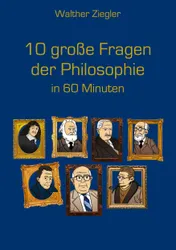
10 große Fragen der Philosophie in 60 Minuten
Walther Ziegler
book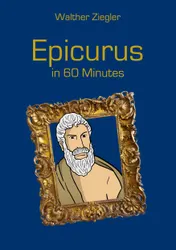
Epicurus in 60 Minutes : Great Thinkers in 60 Minutes
Walther Ziegler
book
Descartes in 60 Minutes : Great Thinkers in 60 Minutes
Walther Ziegler
book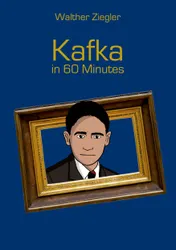
Kafka in 60 Minutes : Great Thinkers in 60 Minutes
Walther Ziegler
book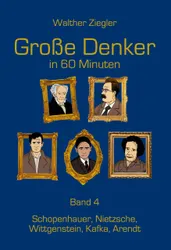
Große Denker in 60 Minuten - Band 4 : Schopenhauer, Nietzsche, Wittgenstein, Kafka, Arendt
Walther Ziegler
book

Zur Genealogie der Moral (1887). Götzen-Dämmerung (1889)
Friedrich Nietzsche
book
Walden Two :
B.F. Skinner
audiobook
Presse- und Öffentlichkeitsarbeit bei der Feuerwehr
Jannik Stiller, Heiko Hahnenstein
book
Work Without the Worker : Labour in the Age of Platform Capitalism
Phil Jones
audiobook
Marx, Capital, and the Madness of Economic Reason
David Harvey
audiobook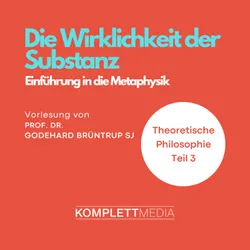
Die Wirklichkeit der Substanz
Godehard Brüntrup
audiobook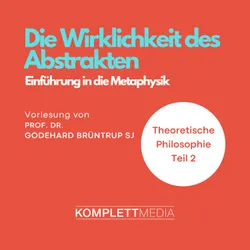
Die Wirklichkeit des Abstrakten : Universalienproblem
Godehard Brüntrup
audiobook
Die öffentliche Meinung : Wie sie entsteht und manipuliert wird
Walter Lippmann
audiobook
Philosophische Ethik: 06 Endliche, abwägende Vernunft
Friedo Ricken
audiobook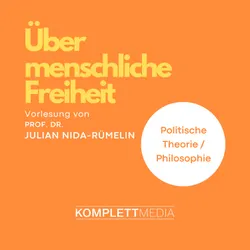
Über menschliche Freiheit : Vorlesung
Julian Nida-Rümelin
audiobook
Antike und moderne Demokratie
Michael Stahl
audiobook
Der Anteil der Arbeit an der Menschwerdung des Affen
Friedrich Engels
audiobook
